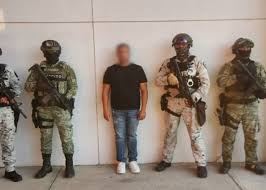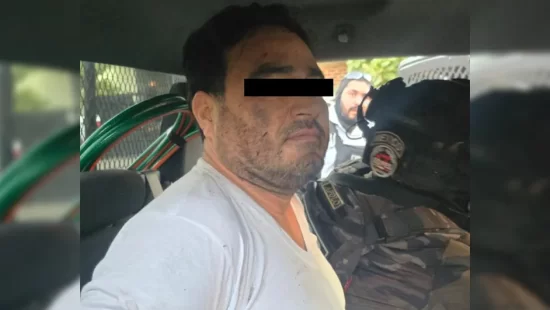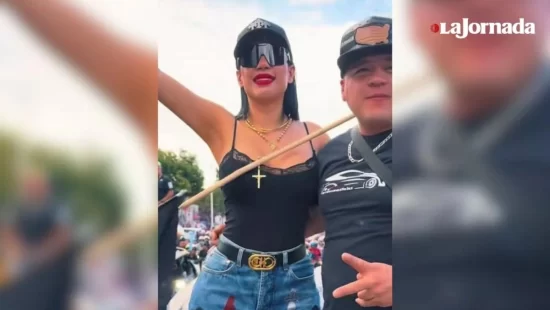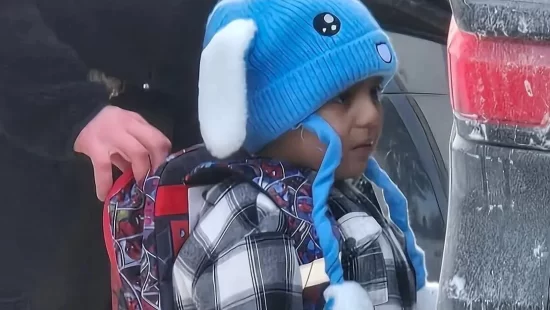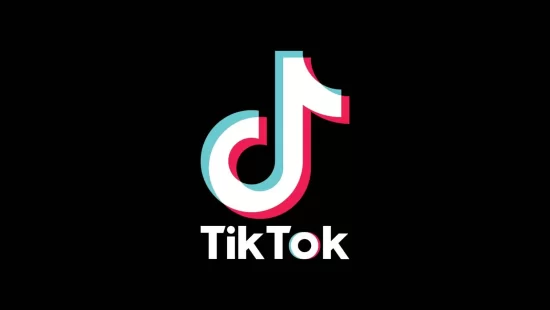“I Didn’t Hear About It, I Lived It”: Venezuelan General’s Testimony Rekindles Debate on Narco-State Accusations
The recent testimony of retired General Néstor González González has reignited the debate over the alleged involvement of Venezuela’s Chavista regime in drug trafficking, in direct collaboration with Colombian guerrilla groups.
“I wasn’t told about it—I lived it,” González wrote in a letter to his fellow officers, describing how, in his view, the Venezuelan state has operated as a “criminal corporation” for the past 25 years.
His words come back into the spotlight today, September 5, 2025, after U.S. authorities intercepted a drug-laden boat in the Caribbean, which they say originated from Venezuela. The incident left eleven dead and once again highlighted the close ties between Nicolás Maduro’s government and regional criminal organizations.
González’s Testimony: “I Didn’t Hear About It, I Lived It”
As commander of Theater of Operations No. 2 in Táchira in the early 2000s, González claims he personally witnessed arrangements between the Venezuelan government and Colombian guerrillas—mainly FARC and ELN—to cultivate, process, and traffic cocaine.
According to his testimony:
- Guerrilla groups cultivate coca and guard its transport into Venezuelan territory.
- The Venezuelan regime provides these groups with weapons and technology.
- The finished product is shipped via land, sea, air, and river routes to international markets.
- Profits are laundered through global businesses and investments.
He recalls formally denouncing this activity to then-President Hugo Chávez in 2000, and making it public in 2002, only to see the system grow stronger rather than dismantled.
“Venezuela has been a narco-state for 25 years, first under Chávez and now Maduro,” González states.
González’s testimony aligns with international investigations into the Cartel de los Soles (“Cartel of the Suns”), a network of Venezuelan military officers and politicians accused of facilitating drug shipments from Colombia into Caribbean ports and airports, bound for Europe and the United States.
Investigations have documented:
- The seizure of over a ton of cocaine on commercial flights between Caracas and Paris.
- High-speed boats and cargo ships carrying cocaine through the Caribbean.
- Coordination with Mexican and Colombian cartels, with logistical support from Cuba.
- The U.S. has escalated pressure on Venezuela over alleged narco-terrorism.
- In July 2025, Washington officially designated the Cartel de los Soles a Global Terrorist Organization.
- The U.S. Department of Justice raised the bounty on Nicolás Maduro to $50 million, accusing him of leading a “state-sponsored narcoterrorism network.”
- American officials argue that Venezuela has become a launchpad for regional drug trafficking, fueling cocaine flows into the U.S. and Europe.
This fits into a broader U.S. strategy in the war on drugs:
- Expanding maritime and aerial surveillance in the Caribbean.
- Coordinating interdictions with Colombia, Brazil, and Caribbean nations.
- Using sanctions to cut off revenue streams linked to the Venezuelan regime.
Critics argue that while these measures pressure Maduro diplomatically and financially, they also worsen Venezuela’s humanitarian crisis, already marked by mass migration, food shortages, and economic collapse.
In González’s words, drug trafficking has become a weapon of global terrorism:
“Today they don’t need suicide bombers. They use cocaine, fentanyl, marijuana, or heroin as weapons to poison youth and destabilize governments,” he warns.
The U.S. shares this view, increasingly framing narco-trafficking not just as organized crime but as asymmetric warfare—a tool used by hostile states and armed groups to weaken societies from within.
The Maduro government strongly denies all allegations, dismissing them as a “political narrative” driven by Washington to justify sanctions and international isolation.
Still, González’s testimony—coming from a former high-ranking commander—adds to the mounting evidence presented by international watchdogs and prosecutors.
Experts warn that Venezuela’s role as a logistical hub for regional drug trafficking is a threat not only to U.S. national security but also to Latin American stability, given:
- The entrenchment of guerrilla and cartel alliances across borders.
- The deepening humanitarian crisis pushing millions of Venezuelans to migrate.
- The growing influence of transnational criminal organizations.
The Caribbean boat incident is a stark reminder of the human cost. Eleven lives were lost, and González laments in his letter that “citizens die while the regime feasts in luxury, enjoying the profits of blood.”
For now, his testimony joins a long list of voices demanding justice and accountability in a country where the line between state and organized crime grows increasingly blurred.

